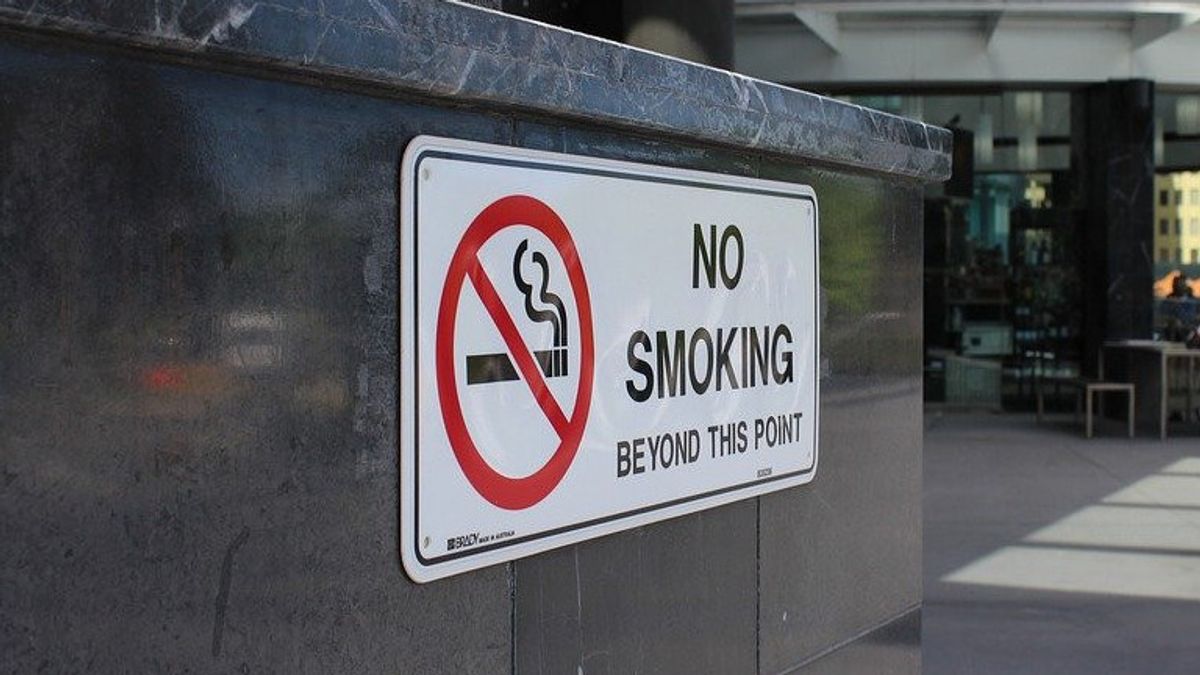JAKARTA - Several minimarkets in DKI Jakarta have begun to cover displays or displays of cigarette products. This is in line with the call from the Governor of DKI Jakarta Number 8 of 2021 concerning the Development of a No-Smoking Area. The Indonesian Shopping Center Tenants Association (Hippindo) considers that the ban on cigarette displays is a form of business uncertainty in Indonesia.
Hippindo's Advisory Board, Tutum Rahanta, said that the policy will increase pressure on the Tobacco Products Industry (IHT) and the retail industry in general. This is because the call, which was signed on June 9, 2021, asks all building managers of the DKI Jakarta Province to provide guidance on the implementation of the no-smoking area.
One of the main points is not to install cigarette billboards and displays, including displaying cigarette product packaging in commercial places. The West Jakarta city government has also taken action policies by closing stickers, posters, and closing the display racks of cigarette products.
Tutum said the policy was inappropriate and unreasonable. The policy seems to treat IHT products as illegal goods. Whereas before this it was also very limited and all entrepreneurs obeyed.
"Everything has trade rules, including obligations such as taxes, which we comply with," he said in an official statement, Tuesday, September 22.
According to Tutum, the ban on displaying IHT products and addictive substances will put pressure on the economy, which is currently far from normal, because the COVID-19 pandemic is still ongoing. In addition, the Sergub also contradicts a higher legal product, namely PP No. 109 of 2012 concerning Safeguarding Materials Containing Addictive Substances in the Form of Tobacco Products for Health.
Furthermore, Tutum explained that PP No. 109 of 2012 states that legal and legal cigarette products are guaranteed to be sold if they meet the regulated provisions such as packaging, product content, taxation, and a series of other regulations.
"We also do not carelessly sell anywhere, it must be far from places of worship and reach of children," he said.
In addition, Tutum regrets that this call was issued without socialization, so that many business actors are surprised by this policy. He hopes that this policy will be repealed, because this decision can also give a bad sentiment for business certainty in general.
"It is not impossible, other products can also experience similar discrimination in the future (as currently experienced by cigarette products)," he said.
The English, Chinese, Japanese, Arabic, and French versions are automatically generated by the AI. So there may still be inaccuracies in translating, please always see Indonesian as our main language. (system supported by DigitalSiber.id)












